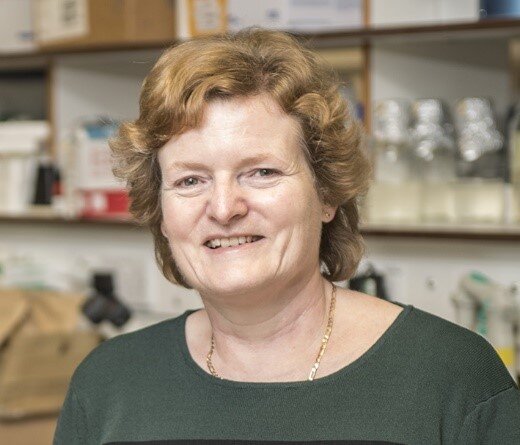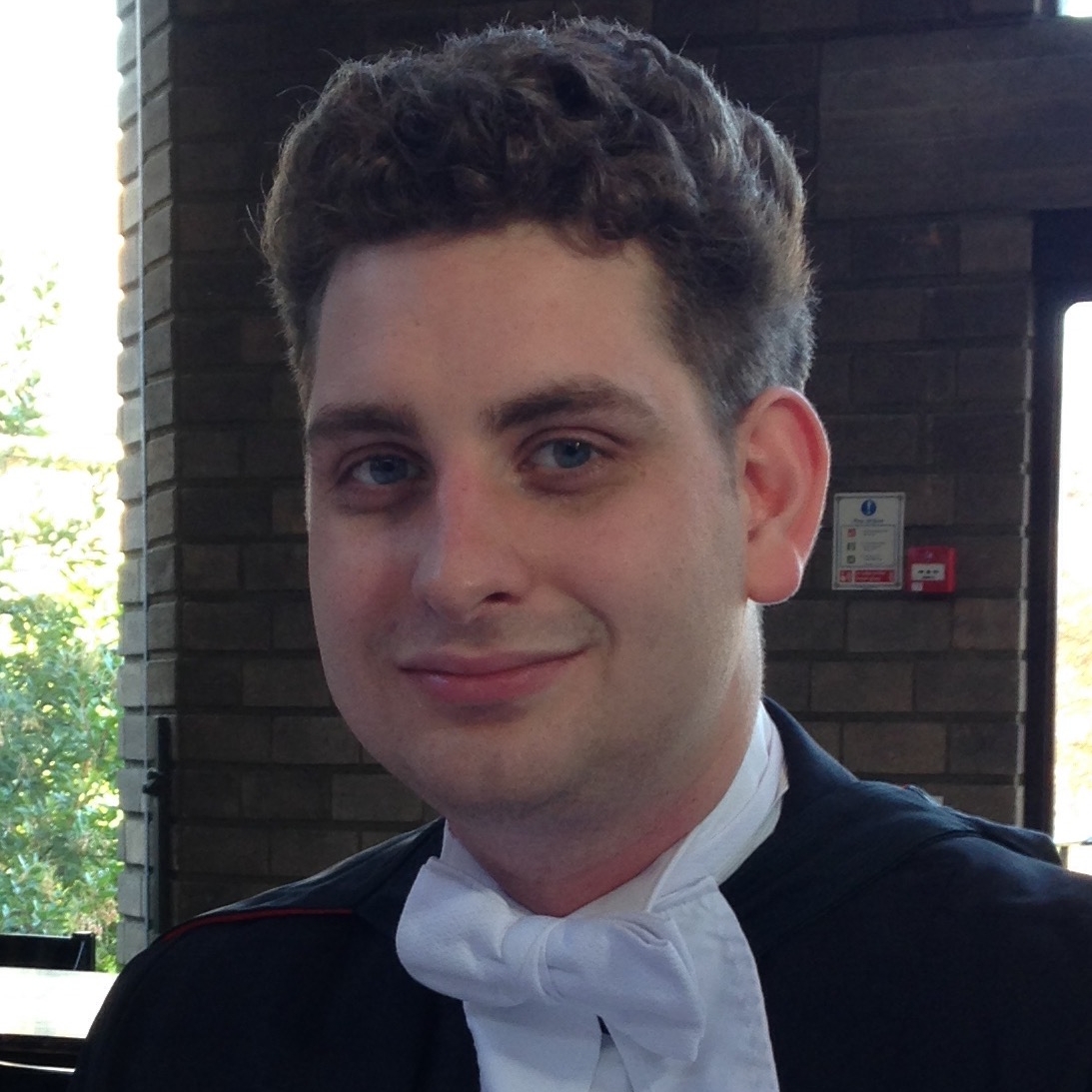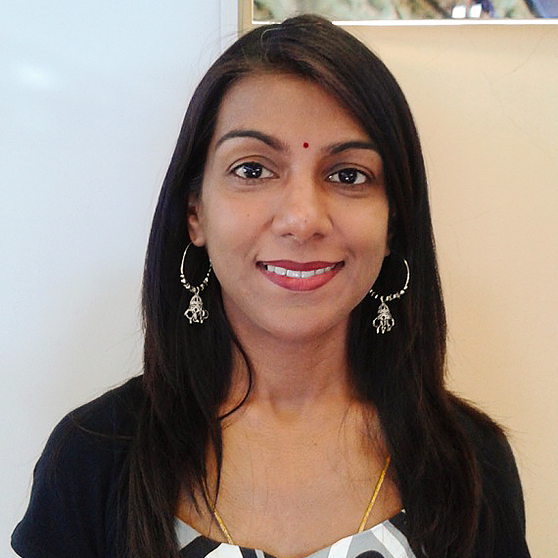Prof. Wendy Harwood is Head of the Crop Transformation Group at the John Innes Centre, Norwich where she also manages the BRACT Crop Transformation / Genome Editing Platform. She gained a BSc in Biological Sciences from King’s College, University of London and a PhD in Plant Biotechnology from the John Innes Institute / University of East Anglia. Wendy’s expertise includes genetic modification (GM) technologies in a range of crop species and more recently, the development and application of genome editing technologies in crops.
She lectures at both the Universities of East Anglia and Cambridge; holds an Honorary Readership at the University of East Anglia and a Visiting Professorship for Senior International Scientists from the Chinese Academy of Sciences.
Wendy is active in public engagement, communicating a complex area of science to different audiences through a range of media.




















